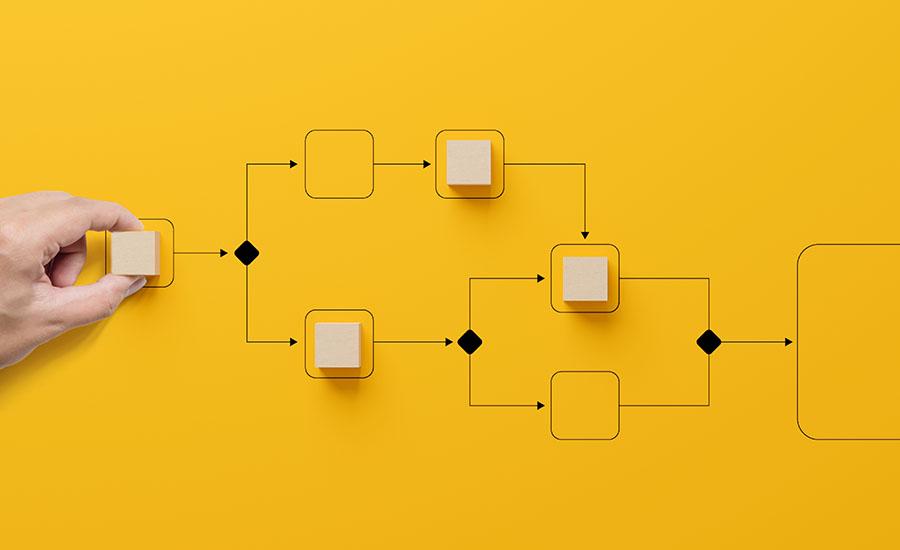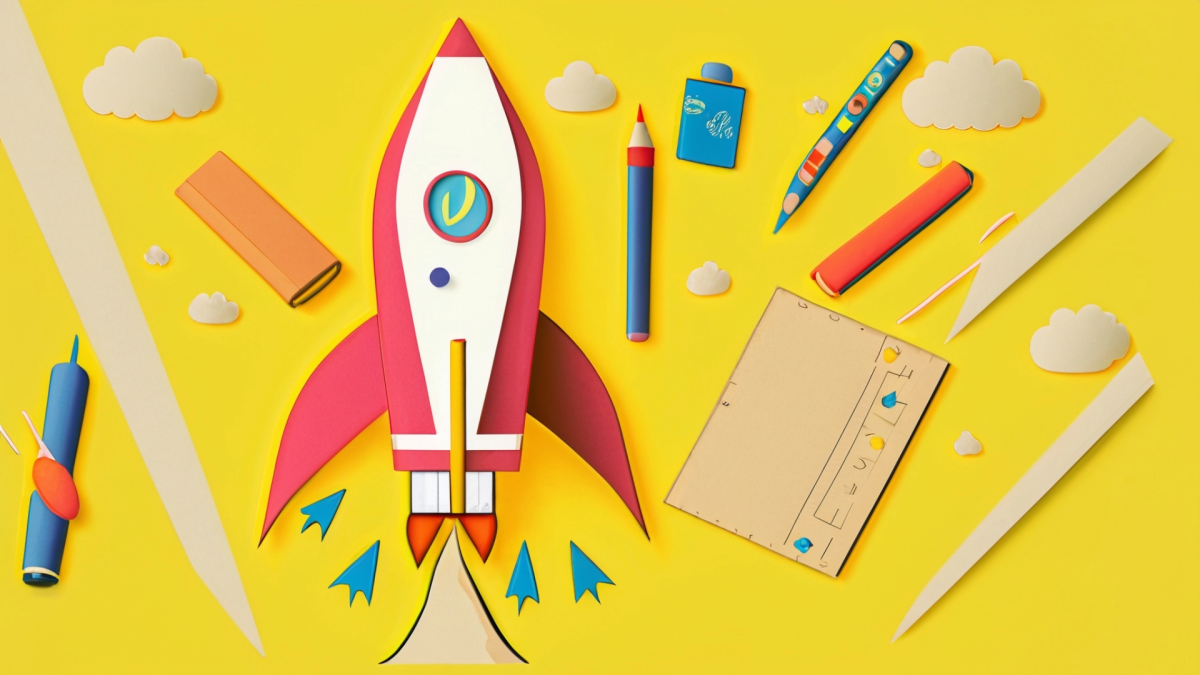Grades:
6th Grade
In this engaging lesson, students create simple paper models of water sheds in class and explore hazards to waterways through an online interactive. They make connections between water stewardship and
Grades:
4th Grade
Students are experimenting on their own to find out which materials would create the best water filter, after reading The Water Princess and discussing water scarcity. This engaging lesson combines
Grades:
1st Grade
In this lesson, students will watch seeds grow on a damp sponge by measuring, journaling and observing. They will observe how the roots and shoots grow.
Grades:
9th Grade, 10th Grade, 11th Grade, 12th Grade
Using the Introduction to Hydroponics lab, introduce students to the features of the Hydroponic Systems. Students will explore the different types of grow mediums and grow lights used in the systems
Grades:
6th Grade
Students explore the limiting factors of yeast over 2-3 days. The materials needed are yeast, sugar, water, ice, tea kettle, empty soda or water bottles, balloons, graduated cylinder, string, ruler
Grades:
4th Grade
An ELA Lesson Plan focusing on Stormalong story with integration on Science and Engineering. Understanding characters, figurative language (hyperbole) and comparing two stories are the focus of this
Grades:
4th Grade
The students will work in groups to create a model of a roof that is able to survive a hurricane-like wind. Students learn about disaster preparedness, use the engineering design process to guide the
Grades:
6th Grade
Students will explore energy, electricity, and engineering in this hands-on lesson using the Kidwind kit to create a wind turbine.
Grades:
10th Grade, 11th Grade, 12th Grade
This lesson plan includes activities for a full unit on Fission and Fusion, which are included in our state science standards. Students will create models of fusion and fission using a free online
Grades:
6th Grade, 7th Grade, 8th Grade
This is an 8-lesson unit that is designed to be used together to learn about the health and diversity of your local watershed by placing leaf packs into a water source (natural or man-made ponds
Grades:
5th Grade
Students will use the engineering design process to design, build, and test three different paper airplane designs. The goal will be to create one that can fly the fastest, one that can fly the
Grades:
4th Grade
In this hands-on lesson, students will construct a model of a volcano and produce lava flows. They will also observe, draw, record, and interpret the history and stratification of an unknown volcano
Grades:
3rd Grade, 4th Grade
This hands-on lesson is based on the book, "If I Built a House". Students use recyclables to create a 'dream' house which is based on their likes and interests. Using the Engineering Design Process as
Grades:
11th Grade, 12th Grade
This will be a 1 class period laboratory. It should take about 45-60 minutes. Students will be making a wet-mount slide of pollen that they collected or that was provided. They can look at prepared
Grades:
6th Grade, 7th Grade, 8th Grade
In this engaging lesson, students will examine the surface of the Moon to consider hazardous conditions that NASA may find there. Then, they will investigate several hazards (dust, boulders, and
Grades:
5th Grade
In this engaging and hands-on lesson, students will learn how crime scene investigators use science and engineering techniques and technology to solve crimes. Students will match substances based upon
Grades:
6th Grade, 7th Grade, 8th Grade
This is an 8-lesson unit that is designed to be used together to learn about the health and diversity of your local watershed by placing leaf packs into a water source (natural or man-made ponds
Grades:
9th Grade, 10th Grade
In this lesson plan, students make use of their knowledge about homoestasis, osmosis, and types of solutions to design their own science investigation that will enable them to prove and answer: Why it
Grades:
6th Grade, 7th Grade, 8th Grade
This is an 8-lesson unit that is designed to be used together to learn about the health and diversity of your local watershed by placing leaf packs into a water source (natural or man-made ponds
Grades:
6th Grade, 7th Grade, 8th Grade
In this meaningful lesson, students use creativity, imagination, and engineering skills to create a water conservation model that can be scaled up and used in a garden. Students are encouraged to
Grades:
6th Grade, 7th Grade, 8th Grade
This is a two- part lesson using pull back cars. Students will change the mass of their pull back cars to determine if the mass affects the distance they travel or their speed. This engaging lesson
Grades:
6th Grade, 7th Grade, 8th Grade
This is an 8-lesson unit that is designed to be used together to learn about the health and diversity of your local watershed by placing leaf packs into a water source (natural or man-made ponds
Grades:
3rd Grade
In this lesson, students will create a unique animal and then describe & draw it in a specific habitat. The students will determine what adaptations the animal needs to survive in the habitat and
Grades:
6th Grade, 7th Grade, 8th Grade
In this hands-on lesson, students will consider what they think about several different closed systems. Then students will design and carry out investigations of living things to inform their closed
Featured Lesson Plans
Check out these notable lesson plans.

Featured
Math Magic through Coding!
Grades:
2nd Grade
In this 2nd grade STEM lesson, students will learn how symbols (directional arrows) can be used to program an object's movements. They will develop an algorithm using a sequential graphic organizer to

Featured
Space Case Chapters 1-7
Grades:
3rd Grade, 4th Grade, 5th Grade
This is the 2nd set of 4 lesson plans that correlate with the novel "Space Case" by Stuart Gibbs. This is a literature-inspired project base learning opportunity. The lessons include straw rockets

Grades:
5th Grade
In this four-day lesson, students will be assigned a specific pollinator. They will research the pollinator and the plants which it pollinates. Then, they will create a puppet and props to model the
